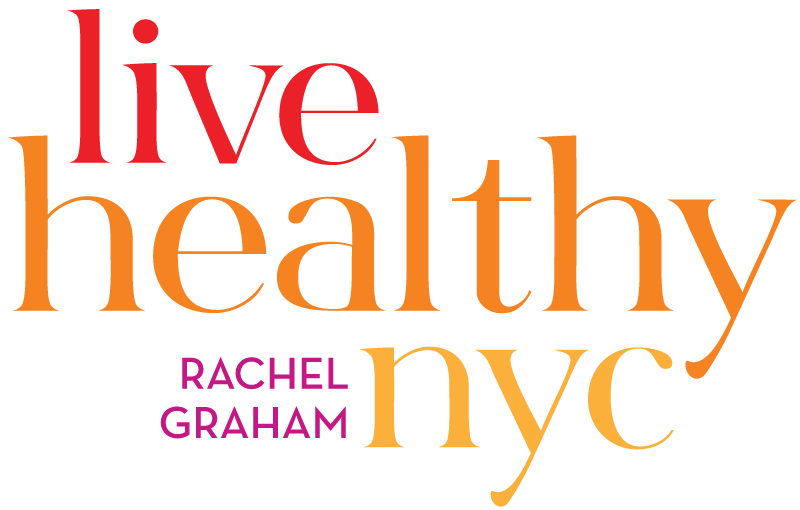Getting sick just plain ol’ stinks! My throat gets scratchy and sore, my nose won’t stop running, and my head feels like it’s stuffed with cotton. Even the smallest tasks feel exhausting, and while bed rest is the best medicine, I barely have enough energy to binge-watch my favorite shows.
When I’m sick, my relationship with food shifts dramatically. My usual cravings disappear, replaced by a loss of appetite or a longing for comfort foods like mashed potatoes, soup, eggs, and crackers. I often wonder, “Can I still eat intuitively when I’m sick?” The answer is yes! Intuitive eating is about listening to my body’s signals, and that includes honoring my needs even when illness changes my appetite.
Intuitive eating is about tuning into hunger and fullness signals, but when I’m sick, those cues can be harder to interpret. Sometimes, I feel completely uninterested in food, while other times, I crave certain textures or temperatures that bring comfort and relief.
Instead of focusing on traditional hunger cues, I try asking myself:
What sounds good to me right now?
What foods feel soothing to my throat and stomach?
Am I thirsty, and how can I stay hydrated?
Do I need something easy to digest?
By answering these questions, I can honor my body’s needs rather than forcing myself to eat a “balanced” meal that doesn’t appeal to me at the moment.
It’s funny—when I’m sick, I often crave soft, warm, or bland foods. Mashed potatoes, broths, soups, toast, crackers, and herbal teas are my go-to options. There’s nothing wrong with leaning into these foods—my body is seeking nourishment in the form that feels best. Warm broths and teas help soothe a sore throat and provide hydration, while gentle carbohydrates like crackers and rice are easier on an upset stomach.
I also pay attention to temperature and texture. If hot foods feel too intense, I might prefer smoothies, yogurt, or applesauce. Cold foods can sometimes ease throat pain, while warm ones can be comforting when I have chills. Trusting what feels good rather than forcing myself to stick to usual meal routines helps me feel better.
I’m also a big believer in hydration—even when I’m healthy. But when I’m sick, it becomes even more important. My body needs fluids to fight off illness and stay energized. Herbal teas, warm lemon water, electrolyte drinks, or even broth-based soups keep me hydrated while also providing nutrients.
Intuitive eating also means giving myself grace. Being sick is not the time to worry about whether my meals are “perfectly balanced” or to stress about food choices. My main goal is to support my healing process. Once I start feeling better, my appetite and usual food preferences will naturally return. Until then, I focus on rest, hydration, and eating what feels best in the moment.
By listening to my body, honoring my cravings, and prioritizing comfort, I can absolutely practice intuitive eating—even when I’m sick.
As a licensed Clinical Behavioral Therapist and Intuitive Eating Counselor, I’m here to help you integrate these practices into your life. If you're interested in working with me, feel free to reach out at rachel@livehealthynyc.com




















